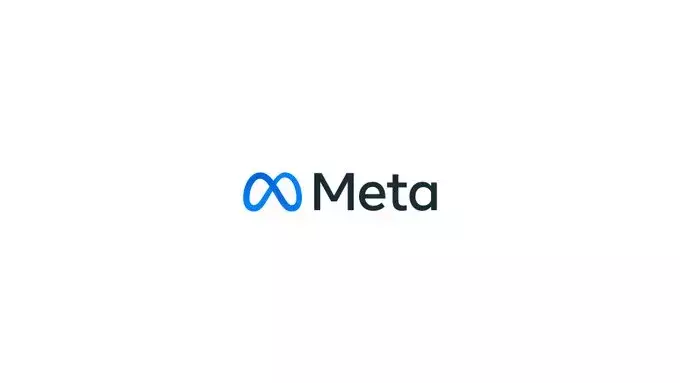Meta Platforms, Inc. recently made headlines with updates to its Terms of Service and Community Standards, an initiative aiming to clarify user agreements and enhance user awareness regarding the use of its platforms. This analysis will delve into the core aspects of these updates, exploring their implications for user privacy, data management, and the overall user experience across Meta’s expansive suite of applications.
The latest updates by Meta do not introduce sweeping changes but rather reinforce existing protocols through enhanced clarity. One notable alteration is the opening paragraph of the Terms, which unequivocally states that by using Meta’s applications, users are entering into a binding agreement. This succinct declaration serves an important purpose: it consolidates a previously buried concept into a position of prominence, thereby ensuring users are acutely aware of their obligations and rights when engaging with Meta’s services.
The revised terms underscore the importance of compliance with established guidelines, particularly when it comes to platform misuse. Users are now explicitly informed that they cannot utilize automated means to access or collect data from Meta’s platforms without prior consent. This serves a dual purpose: it not only shields user data from unauthorized scraping, a practice increasingly scrutinized in legal realms, but also clarifies that being logged into Facebook or other Meta products does not grant implicit permission to harvest sensitive data.
Another significant aspect of the update is the clearer articulation of how personal data is employed within the realm of Avatars and AI technologies developed by Meta. The Terms now state that if users engage with these specific features, they are also subject to additional, supplementing terms. This is crucial in today’s digital ecosystem where users are often unaware of the extensive data capture associated with seemingly innocuous features like avatar creation or AI interactions.
Users are being made privy to the nature of data inputs, such as the use of selfie videos for avatar customization or potential sharing of conversations with AI tools. The rationale for sharing data with third parties, including search engines like Google and Bing, is framed as a necessary function to enhance user experience by providing relevant search results. However, this raises pressing questions about user consent and the transparency of data sharing practices that can lead to vulnerabilities concerning personal information.
In addition to the updates on Terms of Service, Meta is also merging its Community Standards from various platforms—Facebook, Messenger, Instagram, and Threads—into one easily accessible location. This shift aims at streamlining standards and making it easier for users to navigate the rules governing their interactions within Meta’s ecosystem. While the Community Standards document itself did not undergo significant alterations, the consolidation reflects an acknowledgement of the multifaceted digital lives users lead across different platforms.
By creating a unified guideline, Meta enhances user navigation and understanding of community expectations. This easy access to defined standards can empower users to make informed decisions about their behavior on the platforms, fostering a more conscientious online environment.
For users, these updates signal a pivotal change in how they will interact with Meta’s platforms moving forward. The unequivocal language on terms and conditions presents a clearer picture of user obligations and rights. However, the need for such updates can also indicate a growing trend in user distrust regarding how personal data is handled.
As platforms become increasingly complex, users must remain vigilant. The crux of the updated terms emphasizes the importance of understanding what one consents to when using digital services. With many users unaware or disengaged from reading lengthy legal agreements, Meta’s adjustments could serve as a stepping stone toward improved transparency, albeit not without its shortcomings.
While Meta’s updates to its Terms of Service and Community Standards enhance clarity and provide more explicit guidance on data usage and community regulations, users must stay informed and proactive in understanding their digital rights. As data privacy concerns mount, the onus falls on both platforms like Meta and users themselves to navigate the digital landscape responsibly and informedly.


Leave a Reply